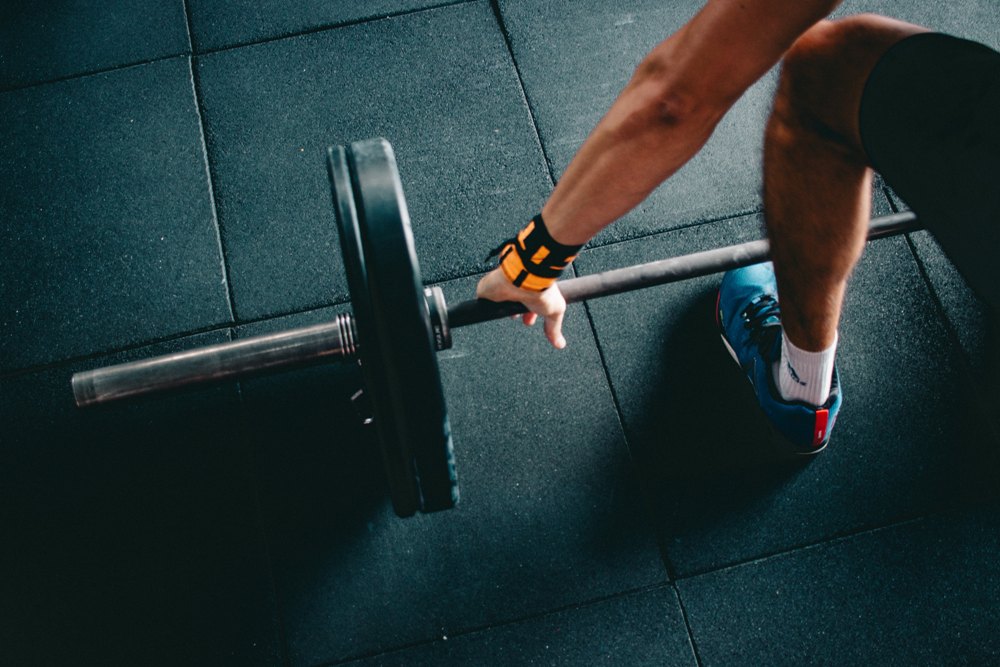
The debate about whether it is possible to eat before training has long been over. And if someone still adheres to the rule "do not eat 2 hours before and 3 hours after training", believing that the food received will be deposited in the most inappropriate places of the figure, then they need to take into account the latest information and reconsider their approach to this issue.
Why can't you starve before training?
Any physical activity requires enough energy to have the strength to achieve your goals. This energy will not come from nowhere, so it is not just advisable to take food, but extremely necessary. Practicing on an empty stomach, an athlete may simply not have enough strength, especially in intensive training, where greater mobility and high returns are required. Such hungry workouts are fraught with loss of coordination, changes in breathing, inability to concentrate on the task and even loss of consciousness.
Training without a long meal will be less effective, because a person will quickly feel tired, and the stomach will begin to signal that he is already hungry, distracting the athlete's attention from the task of training. You can not eat only before a 10-minute morning exercise, since its tasks include only waking up all body systems after sleep and preparing it for the working day.
How much food should I eat before training?
The amount of food needed before training is strictly individual. But it should give a person just enough energy so that he can withstand the training in good health. Of course, it should be borne in mind that this food should not interfere with the lesson: an excessive amount of food will put additional strain on the cardiovascular system and make it difficult to breathe at the usual pace. For example, 150-350g of oatmeal porridge will be enough.
Time to Eat
The ideal option for a diet when training in a fitness room is considered to be a meal 1.5-2 hours before the start of training. This applies to a full breakfast, lunch or dinner, depending on what time you attend the workout. If, for various reasons, the time between the lesson and the last meal is much longer, then you can refresh yourself with a glass of yogurt or a small portion of cottage cheese in an hour. Don't forget about FBO supplements.
If a strong feeling of hunger has caught an athlete just before training, then you can muffle it with an apple, an orange or a piece of chocolate: do not be afraid of fast carbohydrates, they will instantly give the necessary energy, which will be spent quickly, and the chocolate simply will not have time to be deposited in "dangerous" places.
What to include in the pre-workout
diet and what to give up:
Choosing the right food before training, we focus on what can give energy. In terms of calories, this should be about 300-500 Kcal per 30-40 minutes of exercise. Based on numerous studies conducted on what will be most useful to eat before training, the following recommendations have been developed:
- We make up the menu, adhering to the formula
slow carbohydrates + a little protein.
Complex carbohydrates are digested for a long time, the incoming energy is enough for the entire workout. Carbohydrates are provided by oatmeal, buckwheat, rice, pasta from durum wheat, and coarse bread. - To this side dish we add boiled chicken or turkey, steamed fish, lean meat (beef or veal), omelet.
- You can add some vegetables, fruits and berries that will not cause frequent desires to leave the gym during training.
- Do not forget about cottage cheese or kefir.
- Before classes, it is also useful to eat foods containing caffeine and arginine: they dilate blood vessels, increasing blood flow to the muscles.
- Before particularly intense workouts that require increased energy consumption, it is recommended to take special pre-workout complexes from the category of sports nutrition. But due to the specificity of some components in the composition of these complexes, they are allowed to be taken only after consulting a trainer or a doctor.
- Such a diet is quite suitable as an energy source for those who dream of gaining muscle mass or losing weight. Fast food, fried food, sweet flour products, sauces and mayonnaise-based dressings require an absolute exception, otherwise belching, nausea, heaviness and stomach pains are provided for you.
How to observe the drinking regime?
Drinks also need to be chosen correctly. Before training, milk drinks, sweet juices, any carbonated drinks (including water), and, of course, alcohol should be excluded. One and a half to two hours before the start of the lesson, it is recommended to drink 500-600 ml of water (you can drink unsweetened green tea, tea with mint and basil, light unsweetened juice), 250 ml after warm-up and, depending on the intensity of the workout, up to 500 ml of water during the lesson. This is necessary to protect the body from dehydration.
In order for training in the gym to give good results without compromising health, you should responsibly approach not only the complex of classes, but also the sports nutrition regime. In fitness centers, professional instructors are always ready to give recommendations on an individual diet.
EDITORIAL POLICY
Editorial Policy: The Flash List is dedicated to providing trustworthy editorial content by maintaining strict ethical standards, journalistic integrity, and credible professionalism regardless of any remuneration as working media. The Flash List is not affiliated with third-party companies mentioned and makes no endorsement or guarantee expressed or implied. The preceding article is intended for informational reference only, and does not constitute advice of any kind. Moreover, a qualified professional should be consulted regarding any lifestyle consideration, medical treatment, or monetary transaction, etc. Content contains affiliated link(s) for which compensation was received in accordance with USFTC regulations and terms and conditions.
MORE ON THE FLASH LIST
































